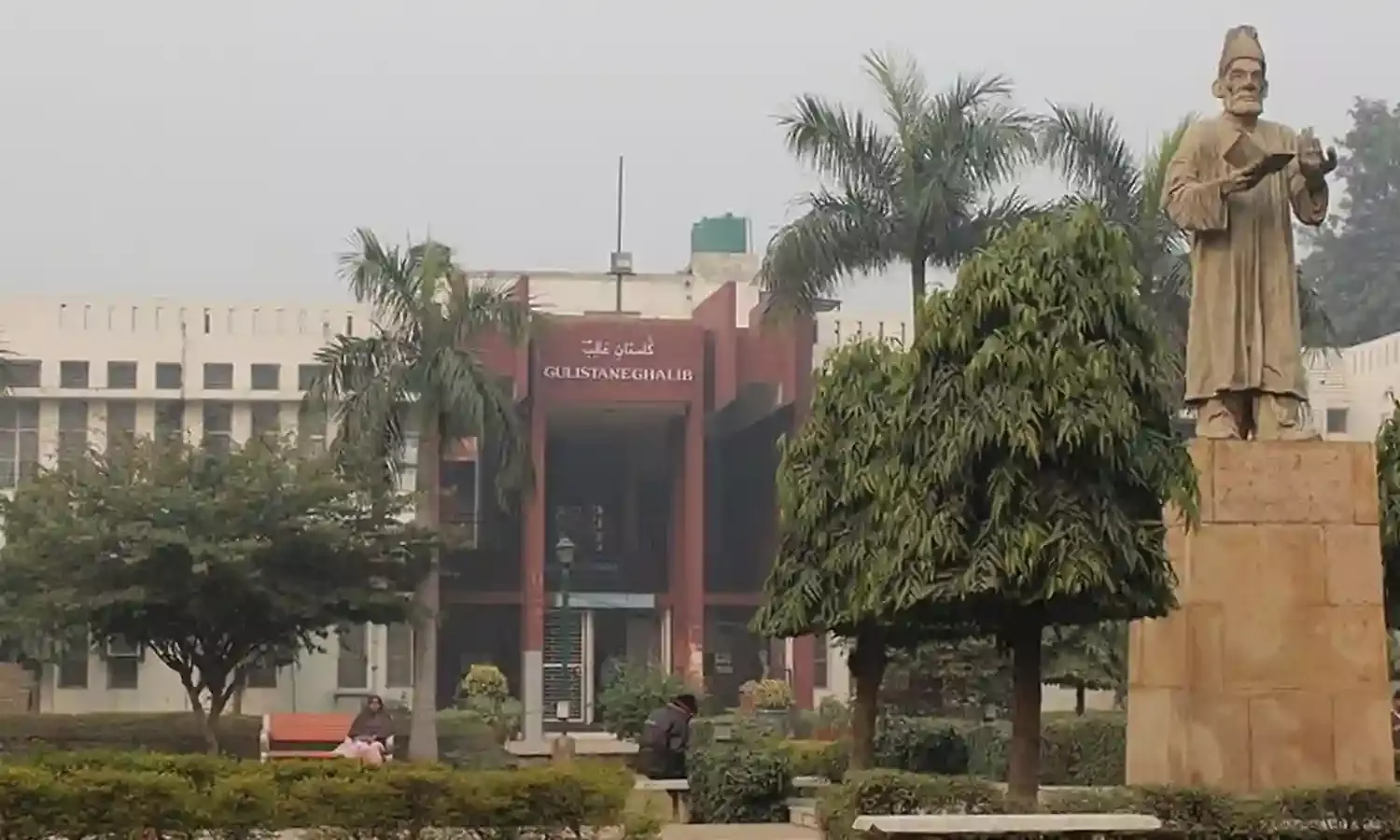Hungry and Desperate, University Students Wait for Scholarship Money
'The administration is doing everything, except the scholarship procedure'

Recently another university “rankings” report was published by the Union MHRD. The student community is one of the decisive categories of assessment in these reports, but the big media and concerned authorities are reluctant to give due recognition to the students’ efforts at top ranked institutions.
Most students at these universities, especially those from marginalised and vulnerable families, find it difficult to survive without financial support. Scholarships become a vital and unavoidable part of their lives.
Yet telephone interviews with students at two central universities in Delhi reveal that they haven’t yet received their scholarship money, with the administration’s delay and apathetic response causing them a lot of hardship.
*Manoj, an MPhil student, says “Scholarship is the minimum level of support for a student’s survival. We have not been getting it for the last few months.”
Describing the importance of a scholarship for someone who left his job to pursue higher education, he says, “Before admission, I assured my father that I do not need money from you. The scholarship money is enough for my expenses, and I could also save a little money for my wife and daughters’ expenses.”
Scholarship money gives students a sense of financial independence, but with the imposition of lockdown, they feel that have become a burden, especially to their families.
Hamza, a PhD candidate, says “Scholarship is essential for a researcher, like food. I do not belong to a low-income family, but a scholarship acts as a support and makes me independent. Without it, I do face a lack of self-respect and dignity from my own family. Because you have to spread your hands for another source.”
Financial support not only encourages students to pursue higher education, says Hamza, but ensures a better quality of research.
Meanwhile, as administrations applaud each other for their ranking, the alumni too commend themselves, because they know very well the struggle to obtain a degree when a meagre scholarship is all you have.
So, why have these crucial stipends been held up?
According to Priya, a PhD candidate, “Students are not getting scholarships due to administration procedure and are thus losing their financial support.”
“The administration is functioning. I know, things are slow, but we are working and completing all academic formalities online, even submission.”
Another MPhil student, Sushil, agrees: “The administration is doing everything, except the scholarship procedure. When can you submit papers online, take submissions online, then why aren’t you doing the same with the scholarship procedure?”
Even the UGC seems to have forgotten about scholarship students. According to Manoj, “the UGC issued guidelines regarding online classes and exams to fulfil semester requirements, but forgot to issue anything on student scholarships.”
Students also say their administrations have been mentally harassing them by issuing diktats during the interval period, compelling them to travel to campus, despite Union MHRD guidelines that emphasise avoiding unnecessary travel.
How are these students coping meanwhile?
According to Sushil, “The absence of scholarship has burdened students and their families, because no one is earning a single penny, and all savings have almost finished. Therefore… aggression is growing with and within the family.”
“The scholarship was insufficient, but at least it was supporting my survival. Now, I am not getting even that, and it is adversely affecting my peace of mind.”
Hamza agrees: “Academically, stress is always in mind, and the scholarship is part of it. Definitely, without it our conditions are acute and severe.”
“Because of financial constraints, we are not able to eat a proper meal and fulfil the body’s requirement, which is affecting our conscience and mental stability,” says Priya.
“So, we are in a more disastrous situation. We need adequate nutrition to maintain bodily immunity, to resist coronavirus. But… who cares?”
Manoj raised similar concerns. “We are getting only two meals after pressure from the concerned students. If you calculate the gap between dinner and lunchtime, you will find there is a seventeen hour gap. We are suffering from starvation and it will ultimately affect our health and nutritional status.”
He says not everyone could manage to leave university after the lockdown. Even those who could leave have been struggling.
From discussions with several students it became clear that there are two types of students: one who is stranded on campus, and the second who is stranded at home due to the absence of essential facilities such as a laptop, reading materials, etc.
Why are the students of Delhi’s central universities – JNU, JMI, DU – not getting their scholarship money?
Students at other central universities such as the Aligarh Muslim University and the University of Hyderabad say their administrations deposited the scholarship in each student’s account without delay, asking them to submit the documents later.
Why wasn’t this common-sense model followed for such a crucial part of students’ and researchers’ lives?
Students also wonder why scholarships cannot be verified digitally, when admissions were conducted digitally.
The administrations for both the central universities in question have reopened since the unlock, albeit partially, with minimal employees on duty, coming in on Mondays and Thursdays. Scholarship disbursals have been happening but at a painfully slow pace.
The scholarship section officer at one of the universities said: “We are working on it for those who had applied before the lockdown was imposed, but we have no clue when the money will be deposited in their bank accounts.”
There was no word about the students who are not on campus. In this way the essence of scholarship, a means of sustenance for poor, needy and vulnerable students, is being manhandled by hypocrite minds sitting in air-conditioned office rooms.


